Understanding Bitcoin Prediction Markets
Explore the intriguing world of decentralized prediction markets and Bitcoin's pioneering role.
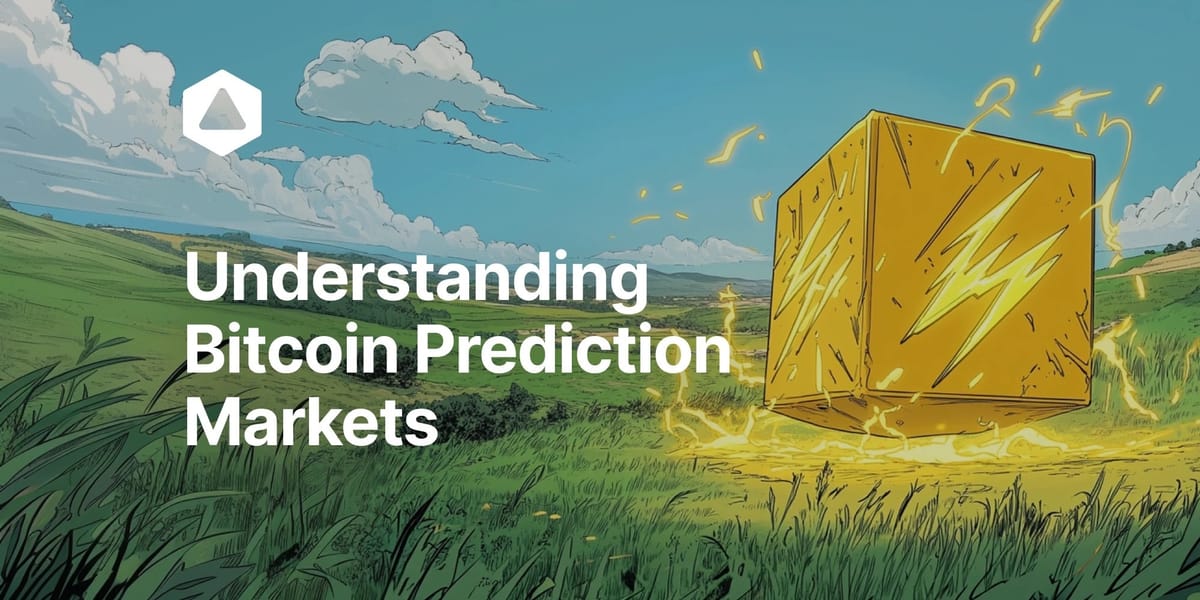
We all love speculating on future events. We have opinions on everything we know or even heard of. But have you ever tried to put your speculations to the test? Well, whether or not you put your money where your mouth is, here is a chance for you to do it in a unique way. Via blockchain prediction markets.
Join us in this article as we take you through prediction markets, and their integration with Bitcoin, and look at several platforms where you can dive in and put your forecasts to the test.
Introduction to Prediction Markets
Prediction markets are platforms where individuals can bet on the outcomes of various events and earn rewards for their accurate predictions. These events often follow the 'current thing', ranging from climate change, politics, finance, or even sports.
Prediction markets have been known to exist for hundreds of years.
For example, during the papal conclave of 1549, merchants and cardinals engaged in betting on the election of a new pope. The Venetian ambassador Matteo Dandolo documented that odds were offered on which candidate would be elected and also how long the conclave would last. 🧐
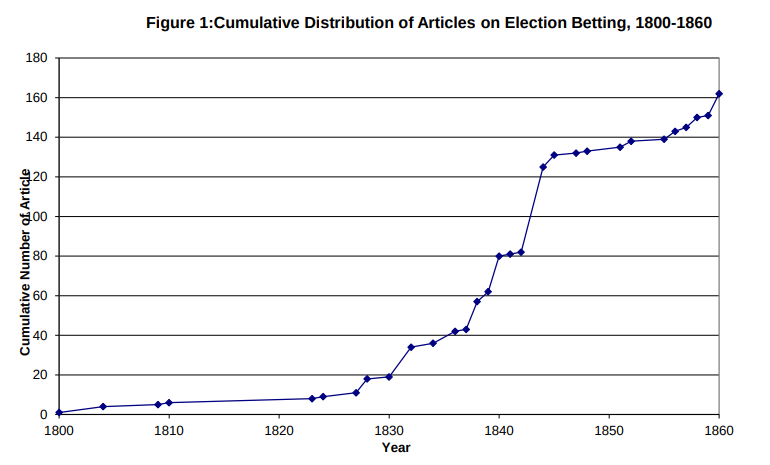
But that was the 16th century and as we always say, ‘the times have changed’. To keep up with the current times, prediction markets have been forced to adopt the change...
The Rise of Blockchain-Based Prediction Markets
In the past, participants of prediction markets trusted a single-party authority to manage their bets. But as we know, we are currently in an era where every sector is trying to eliminate the control of a single authority or in simple terms ‘decentralize’.
Prediction markets are not left behind and have integrated with blockchain to create what is commonly referred to as ‘decentralized prediction markets’.
How do Decentralized Prediction Markets Work?
The functionality of decentralized prediction markets is based on the following key components:
- Betting Tokens, which act as the representative of the bet. Their value fluctuates based on market sentiment on the likelihood of each outcome.
- Smart Contracts to automate the execution of bets and payouts when certain conditions are met.
- Oracles that connect blockchains and the external world to provide smart contracts with necessary external information about the event outcomes.
The process begins when a market for a specific event is created on the prediction market platform. For example: "Will Trump win the election?" (Knowing that he did.)

In this example, all participants can buy the shares of the bets they make either in favor of the outcome (we can call it the "yes" bet) or against the outcome (the "no" bet). With these shares that have a price that reflects the current market sentiment on the likelihood of the event.
For example, if a $0.7 for a "yes" share represented a 70% likelihood of Trump winning the election and a $0.3 for a "no" share represented a 30% likelihood of losing.
These prices could have changed. For instance, if Trump had been caught in a 'scandal', then there would be more people who would have predicted "no" to that outcome (at that time).
Ultimately the final payout was determined once the event occured and the outcome is verified by an oracle. Then the smart contract then automatically distributes the funds to those who bet on the correct outcome.
For instance, if you bought ‘Yes’ shares and Trump won, you receive a payout based on the number of shares you own with each share worth $1 showing a 100% win while the ‘no’ shares become worthless.
An important thing to note is that the above working mechanism is common in most prediction markets, but it could differ in others as we will see in the case of Bitcoin prediction markets in a later section.
Why do we Need Decentralized Prediction Markets?
One of the main characteristics of decentralized prediction markets is that they harness the collective forecasting power of participants. This means that the more individuals participate in the market, the more data there is, and the more valuable the information becomes in facilitating decision-making across various sectors.
Blockchain-based prediction markets may be the one force strong enough to counterbalance the spread of incorrect information on social media. They give people a financial incentive to seek the truth and then protect them with the twin shields of pseudonymity and decentralization.
— Balaji (@balajis) January 20, 2019
Secondly, decentralized prediction markets provide greater transparency. All transactions and market activities are recorded on-chain, allowing anyone to audit the results which takes away doubts that users are betting against an opaque third party commonly referred to as the 'house' in traditional markets.
Also, the use of smart contracts to execute bets eliminates the need for a central authority that could 'easily' manipulate the market and increase fees to their liking.
Lastly, the decentralized nature of these markets makes them permissionless. In simple terms, anyone from anywhere in the world can use these markets.
To ensure we enjoy full decentralization in prediction markets, several blockchains are the base of prediction markets, including Bitcoin.
Exploring Prediction Markets With Bitcoin
When we talk about prediction markets and blockchain, we can also think of action happening on Bitcoin.
One of the benefits that prediction markets enjoy from Bitcoin is that 'instant' peer-to-peer transactions.
On the other hand, as we know, Bitcoin's blockchain doesn't just store data, it timestamps and secures it, and provides a network that can be built upon.
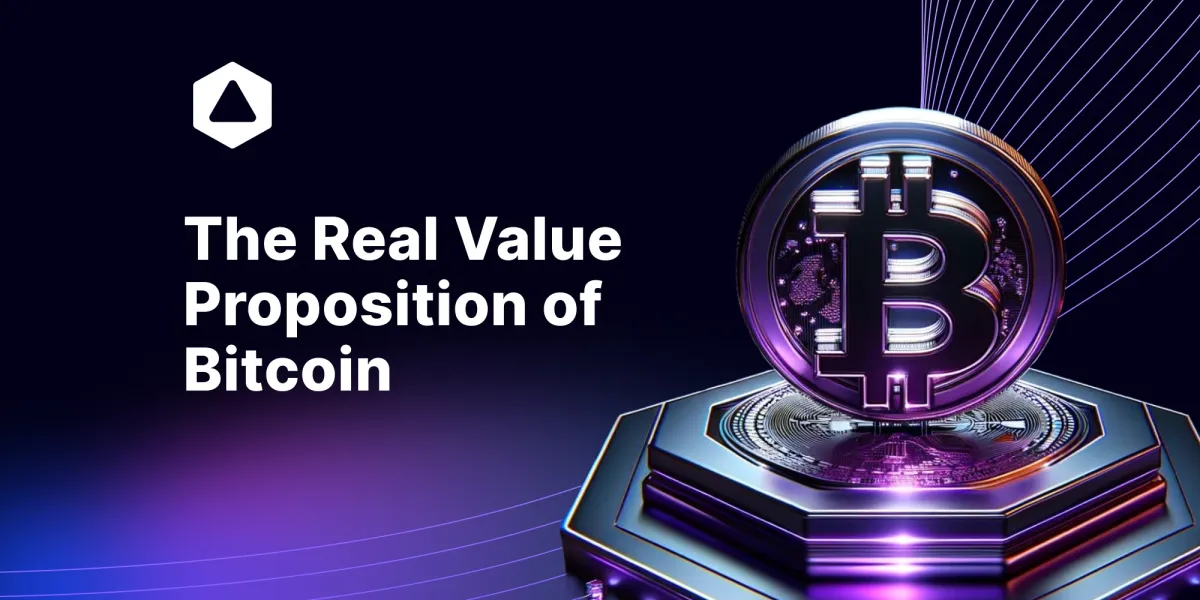
Are There Prediction Market Projects Built on Bitcoin?
Yes. However, Bitcoin's development of complex smart contracts has not seen much success when compared to other blockchains like Ethereum (L2's) or Solana. This is because of a limitation that you already know - the lack of support for complex smart contracts at Bitcoin's base layer.
And as we saw earlier, these smart contracts are a key component of prediction markets built on a blockchain. Despite this limitation, thanks to new layers on top of Bitcoin, courtesy of Bitfinity, builders can start building.
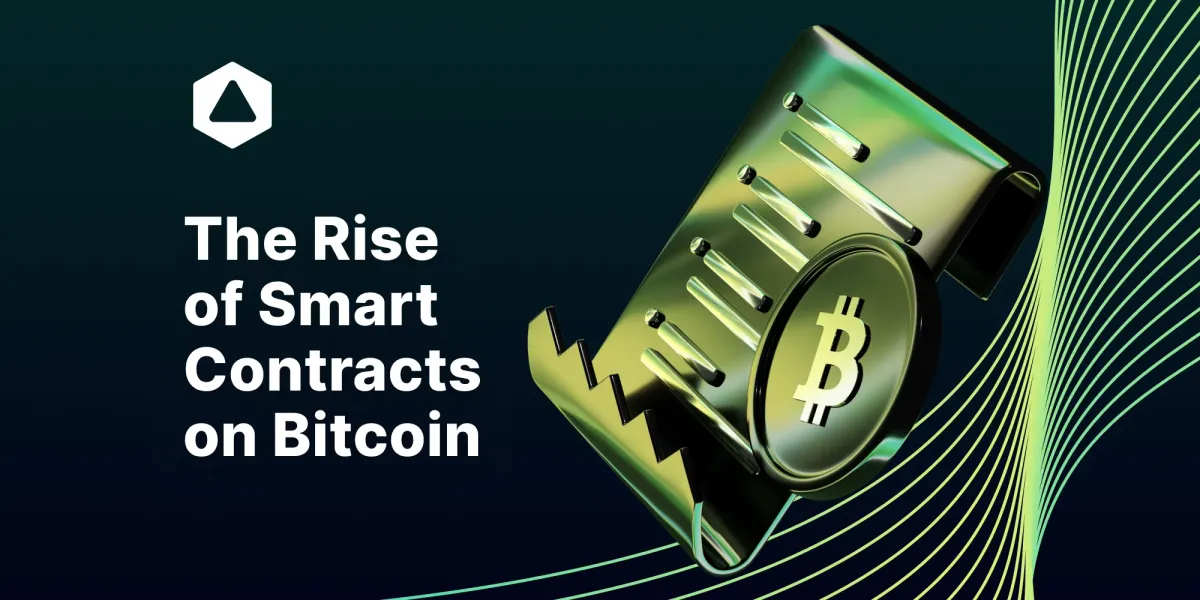
Bitcoin Hivemind
A project that was initially introduced as Truth Coin but later changed its name to Bitcoin Hivemind, which means ‘collective intelligence,’ was one of the first to offer an on-chain prediction market on Bitcoin.
It acted as a peer-to-peer decentralized oracle protocol designed as a sidechain that absorbs accurate data into a blockchain so that Bitcoin users can speculate in on-chain prediction markets. But sadly, it was before its time and faded away.

Fairlay
Fairlay is another prediction market on Bitcoin that allows users to place a bet on their books meaning, it is a peer-to-peer system where users bet against each other and not against the Fairlay. Their visitors can also create their own markets (instantly), if they feel it's missing.
To place a bet, users deposit Bitcoin in any of its two addresses, legacy or SegWit, which are measured in milliBitcoin (mBTC), meaning one thousandth (1/1000) of a Bitcoin.
Then you choose your odds and the amount of mBTC you want to bet and submit the prediction. If your prediction is right, Fairly subtracts a fee from your winnings and credits the rest to you. The platform promises to decentralize in the future by running the platform via smart contracts.
BetMoose
BetMoose is a platform where users earn money by predicting real-life future events and outcomes. It uses Bitcoin to allow users to bet anonymously.
Just like Fairlay, BetMoose also allows users to create bets about anything. As a host (creator) of a bet, you get a commission from the bet payout ranging from 0.5% to 1% based on your reputation.
To get this commission, you need to resolve your bets. BetMoose moderators are not allowed (and cannot) touch any bets that the host hasn't resolved yet. However, if a host does not resolve, or resolves incorrectly, moderators are allowed to step in.
For one to place a bet, they deposit Bitcoins which are held in cold storage. One can participate in either a fixed-odds bet or a parimutuel bet. In a fixed odd bet, you lock in the odds you see when betting and the payout is simple: if you bet 1BTC on 'Yes' at 2.20x odds, your payout will be 2.2BTC.
On the other hand, in a parimutuel bet your bet is placed in a pool and your odds can change (favorably and unfavorably) depending on how the volumes change over time. For a more detailed comparison between the two bet types, check here.
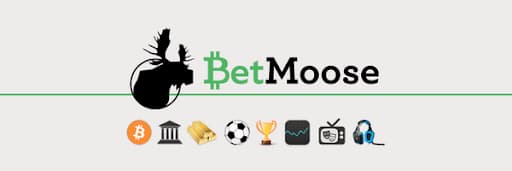
How Can Bitcoin Fully Revolutionize Prediction Markets?
First, Bitcoin needs to address its smart contract and scalability limitations. Although this is already happening as we speak, more work needs to be done.
Secondly, Bitcoin developers can explore the potential for more advanced prediction markets, for example, ‘Multi-Dimensional Prediction Markets’ where predictions about various events are not only made and traded but are also analyzed in relation to one another.
This can help to understand how different outcomes could influence each other. For instance, instead of simply forecasting whether unemployment rates will rise or fall, these markets could also assess how these changes would relate to other economic factors or election results.
Lastly, Bitcoin can try to integrate with existing systems. This can involve integrating these systems with new Bitcoin-based functionalities through interoperability among different blockchains.
Final Thoughts
The fusion of prediction markets with blockchain presents an undisputed tool for forecasting. As we continue to observe their evolution, it is only a matter of time before Bitcoin takes over.

Connect with Bitfinity Network
Bitfinity Wallet | Bitfinity Network | Twitter | Telegram | Discord | Github

*Important Disclaimer: The information provided on this website is for general informational purposes only and should not be considered financial or investment advice. While we strive for accuracy, Bitfinity makes no representations or warranties regarding the completeness, accuracy, or reliability of the content and is not responsible for any errors or omissions, or for any outcomes resulting from the use of this information. The content may include opinions and forward-looking statements that involve risks and uncertainties, and any reliance on this information is at your own risk.
External links are provided for convenience, and we recommend verifying information before taking any action. Bitfinity is not liable for any direct or indirect losses or damages arising from the use of this information.









Comments ()